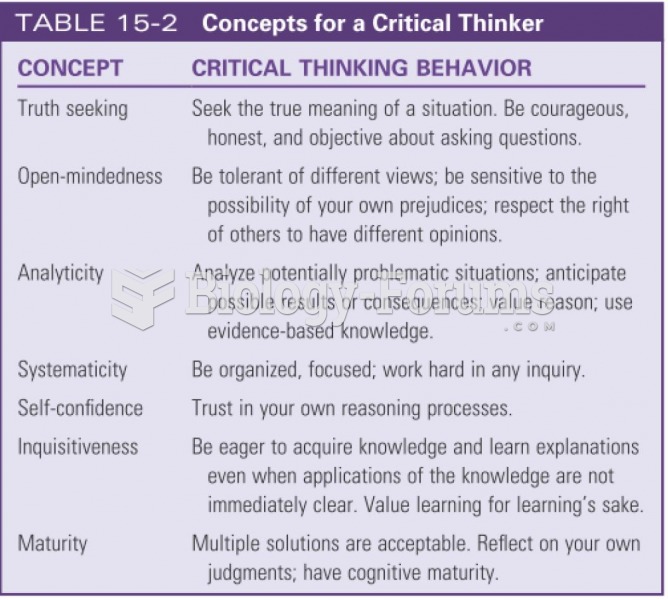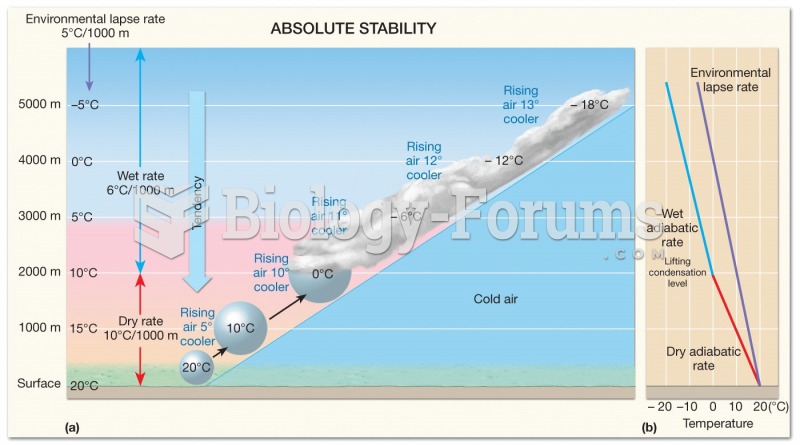Answer to Question 1
Value Critical Thinking: If we value critical thinking, we desire to be ever more truth-seeking, open-minded, mindful of consequences, systematic, inquisitive, confident in our critical thinking, and mature in our judgment. We will expect to manifest that desire in what we do and in what we say. We will seek to improve our critical thinking skills.
Take Stock: It is always good to know where we are in our journey. The Critical Thinking Disposition Self-Rating Form will give us a rough idea. If we have general positive critical thinking habits of mind, that should show up in the score we give ourselves using this self-rating form.
Be Alert for Opportunities: Each day we should be alert for opportunities to make decisions and solve problems reflectively. Rather than just reacting, take some time each day to be as reflective and thoughtful as possible in addressing at least one of the many problems or decisions of the day.
Forgive and Persist: Forgive yourself if you happen to backslide. Pick yourself up and get right back on the path. These are ideals we are striving to achieve. We each need discipline, determination, and persistence. There will be missteps along the way, but do not let them deter you. Working with a friend, mentor, or role model might make it easier to be successful, but it is really about what you want for your own thinking process.
Answer to Question 2
The word strong is used to praise a person's critical thinking process without necessarily agreeing with the person's conclusion or making any judgment about the person's ethics. The word good is ambiguous in a problematic way because good critical thinker could mean person who thinks well or person who is acting ethically. For example, a person can be adept at developing cogent arguments and adroit at finding the flaws in other people's reasoning, but that same person can use these skills unethically to mislead and exploit a gullible person, perpetrate a fraud, or deliberately confuse, confound, and frustrate a project.







